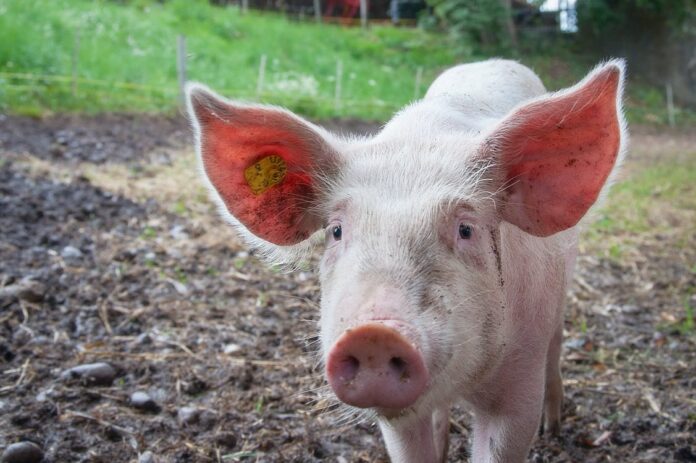Researchers have made an implant using collagen protein found in pig skin and it resembles the cornea of humans.
A pilot study related to this development restored the vision of 20 people with diseased corneas. Moreover, most of them were suffering from blindness before the corneal implant. This research provides hope to those who have low vision and corneal blindness. The biomedically engineered implant can serve as an alternative to donated human corneas, which are already very scarce. In addition to scarcity, getting approval for organ donations is also very difficult.
Neil Lagali, who is one of the researchers in the study said,
The results show that it is possible to develop a biomaterial that meets all the criteria for being used as human implants, which can be mass-produced and stored for up to two years and reach even more people with vision problems. This gets us around the problem of shortage of donated corneal tissue and access to other treatments for eye diseases.
12.7 million people around the world have corneal blindness and the only method to regain vision is through a corneal transplant. However, due to the scarcity, only one out of 70 patients receive it. Moreover, most people who need the transplant belong to low- or middle-income countries with limited access to treatment.
According to Mehrdad Rafat, another researcher behind the implant, the work’s core aim is to maintain the bioengineered implants’ safety and effectiveness. He said,
We’ve made significant efforts to ensure that our invention will be widely available and affordable by all and not just by the wealthy. That’s why this technology can be used in all parts of the world.
The pig skin used in the research followed high purification standards for human use. Furthermore, it is a food byproduct, which makes it easy to access and cost-efficient and while donated corneas require to be used within two weeks, these bioengineered corneas can be kept in storage for up to two years.




